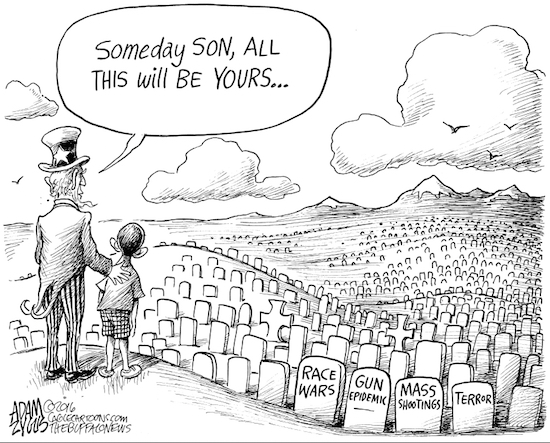OPINION: The Big Apple’s big drop in crime

It’s an odd question: Should police be fighting criminals — or crime? Yet in today’s law enforcement, such a distinction between action and actor is not seen as odd. And this might help explain why New York has achieved one of the lowest crimes rates the city has ever seen.
Last year, New York saw the fewest shootings since it started tracking them. Major felonies were at the lowest level ever recorded. Most important, gang-related killings were down by almost third from the year before.
Police Commissioner James O’Neill accounts for this success by simply saying New York is becoming better at “deeper problem-solving.” The city has indeed tried many criminal justice reforms in recent decades. And better economic conditions have also helped cut crime. But what is sure is that police are now more engaged with their communities, explaining their work, listening to feedback and winning allies. Clergy, for example, are enlisted to calm gang behavior. In Brooklyn, anti-violence groups often hold vigils in rough neighborhoods.

Brooklyn Boro
View MoreNew York City’s most populous borough, Brooklyn, is home to nearly 2.6 million residents. If Brooklyn were an independent city it would be the fourth largest city in the United States. While Brooklyn has become the epitome of ‘cool and hip’ in recent years, for those that were born here, raised families here and improved communities over the years, Brooklyn has never been ‘uncool’.